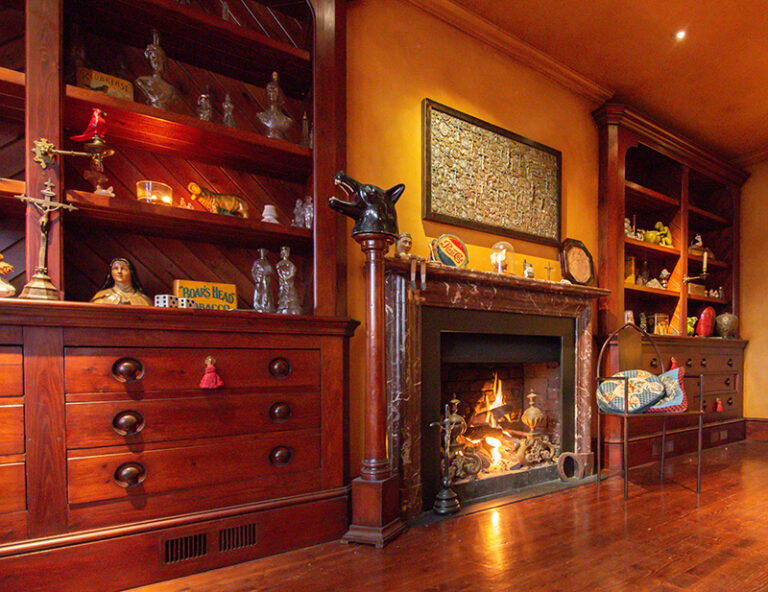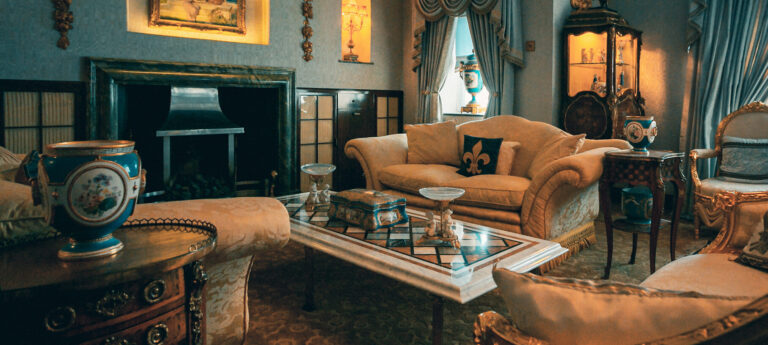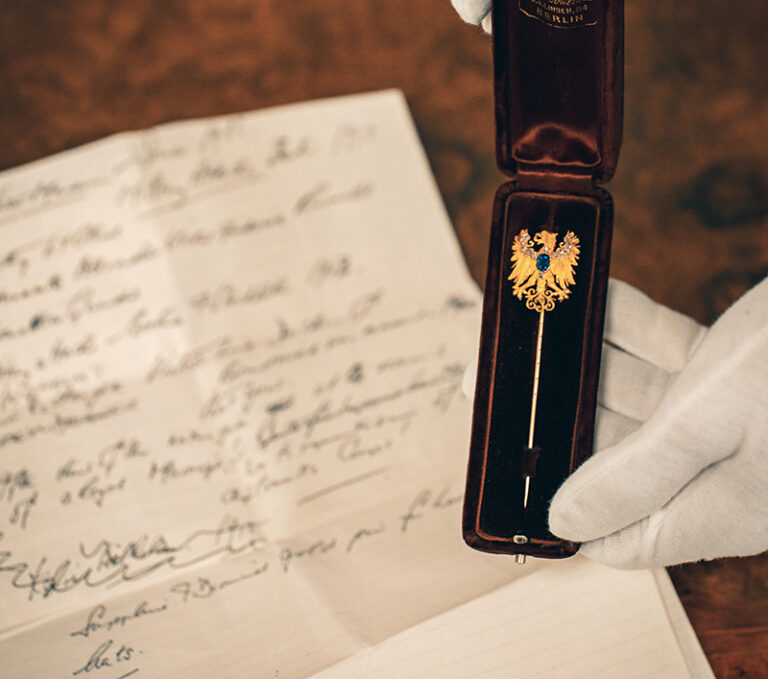In short, yes. When a person passes away, their estate is subject to probate, this includes everything the person owned at the time of their death, minus any debts. As part of this process, HMRC requires the accurate valuation of all house contents for taxation purposes. This includes any items that are owned by the deceased and that have a monetary value. These personal effects include large items such as cars, boats, camper vans and furniture, to smaller items such as jewellery, watches, paintings, ceramics, branded clothing, high-end electrical goods, or antiques. It is imperative that these valuations are conducted properly as it will directly affect the amount, if any, of inheritance tax to be paid by the estate.
Prior to valuation, all of the contents need to be identified as some may not be in the house. If the deceased was in care or hospital, they may have items held by family or friends, there could also be items in safe custody at the bank or building society. By referring to any wills or insurance documentation, you might be able to determine items that have been given away.
The executor is responsible for providing the HMRC with details of all assets and liabilities, jointly held assets as well as any gifts made by the deceased in the seven years prior to passing. Failure to make full enquiries and disclosure to HMRC can result in financial penalties against the executor.
If the total valuation of the contents is expected to be less than £1,500, a simple estimate can be submitted to HMRC. It is worth taking photos of these items as the HMRC has the right to request further details and if the property has already been cleared, this could present quite a quandary.
Should you expect the contents to be over that figure of £1,500, a formal valuation must be completed by an independent valuer who will assess each item and determine its worth on the open market. This valuation is a reflection of what an asset might reasonably fetch if it was sold on the open market at the date of death and should be based on guidance provided by the Royal Institute of Chartered Surveyors (RICS). The valuer may also recommend selling certain items if they are deemed to be of high value or no longer required by the estate. Individual items that are worth more than £1,500 need to be listed individually, whereas items below this threshold can be grouped together.
The executor will be required to seek and appoint the relevant experts. Valuing the estate will be one of the first steps when applying for grant of probate (or grant of letters of administration, if there is no will) as these valuations are required to complete the Inheritance Tax forms.
Once the valuation is complete, HMRC will use it to calculate any inheritance tax due on the estate. It is important to note that if any tax is due, it must be paid before probate can be granted. Every estate has a tax-free allowance, which means there will be no tax due if the value of the estate is below £325,000 or if everything has been left to the spouse, civil partner, a charity, or a community amateur sports club. If the deceased had a spouse or civil partner that predeceased them, it may be possible to transfer some of this allowance. Where the home is passed down to children or grandchildren, an estate may be eligible for a further £175,000 allowance. Any gifts that the deceased made in the seven years before death will be allocated under this band. Estates over £325,000 are subject to Inheritance Tax of 40% on everything over that amount.
Dawsons are probate valuation experts for Art, Antiques & Jewellery, specialising in providing HMRC compliant reports.
Our experienced Valuers can provide expert advice and assistance on request.
We would be delighted to help:



